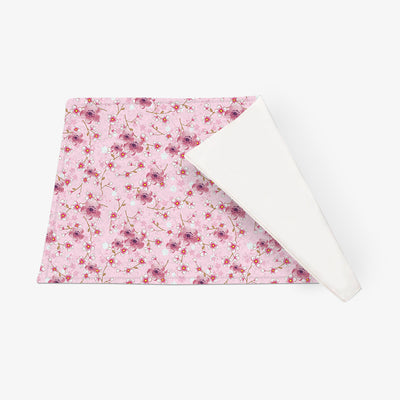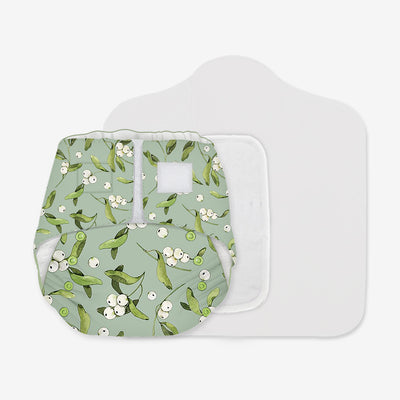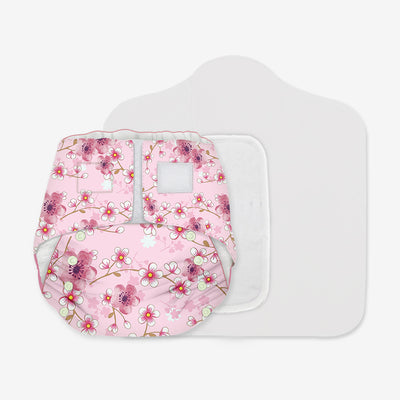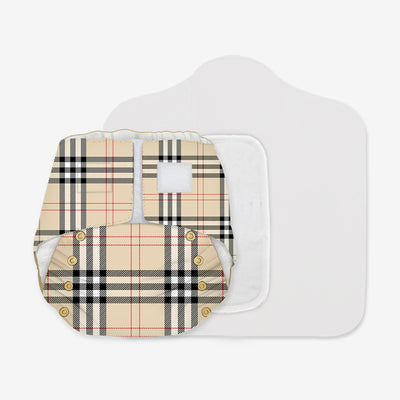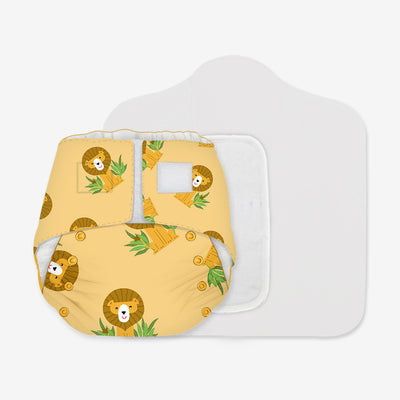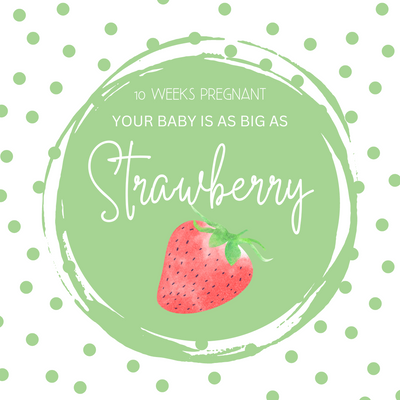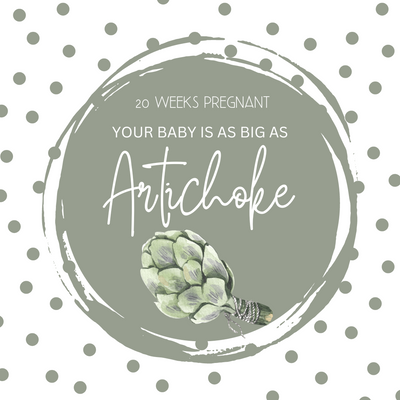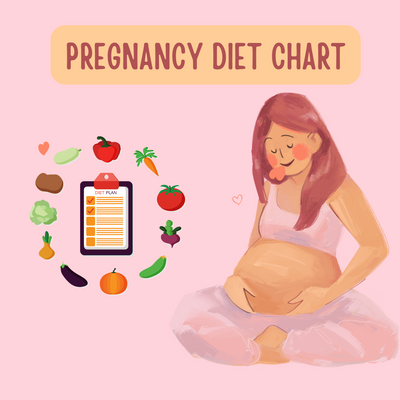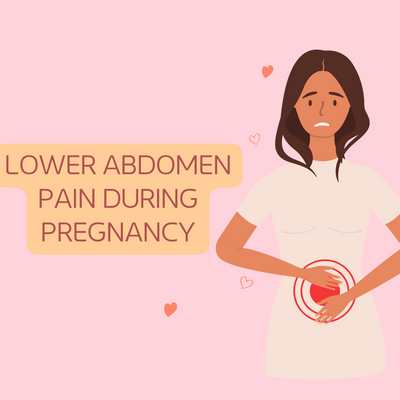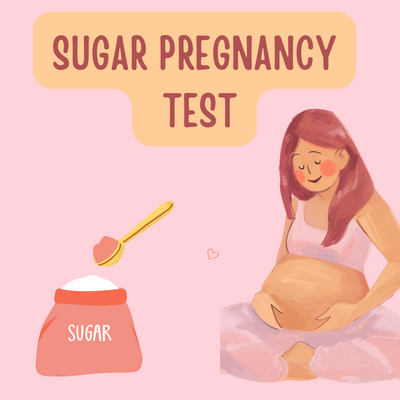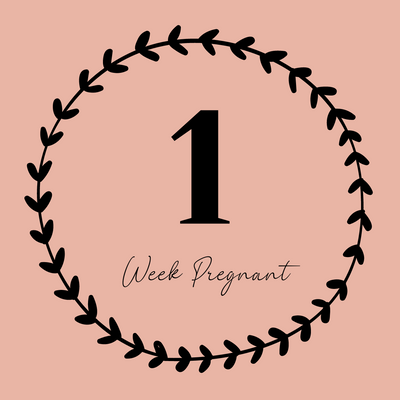37 Weeks Pregnant-Your Baby's Final Growth Spurt

Congratulations on reaching 37 weeks of pregnancy! As you near the end of your journey, it's important to stay informed about the changes happening to both you and your baby. In this blog post, we'll discuss various aspects of being 37 weeks pregnant, including the number of months, common symptoms, baby's development, changes in your body, and important considerations during this stage.
How Many Months Is 37 Weeks Pregnant?
At 37 weeks pregnant, you are in the ninth month of your pregnancy. Most pregnancy calendars consider each month to be approximately four weeks long, so by this point, you are at the end of the third trimester.
37 Weeks Pregnant: Your Symptoms:
During the final weeks of pregnancy, you may experience a range of symptoms as your body prepares for labor and delivery. Some common symptoms at 37 weeks pregnant include:
Braxton Hicks contractions: These are sporadic, irregular contractions that help prepare your uterus for labor.
Increased backache and pelvic pressure: As your baby moves lower into the pelvis, you may feel increased discomfort in your lower back and experience a sense of heaviness in the pelvic area.
Swelling: Many women experience swelling in their feet, ankles, and hands due to fluid retention.
Difficulty sleeping: Finding a comfortable position for sleep becomes more challenging as your belly grows larger.
Frequent urination: As your baby's head presses on your bladder, you may find yourself needing to visit the bathroom more frequently.
37 Weeks Pregnant: Your Baby's Development:
At 37 weeks pregnant, your baby is considered full-term and ready to be born. Here are some key developments occurring during this stage:
Size and weight: Your baby weighs approximately 6 to 7 pounds (2.7 to 3.2 kilograms) and measures around 19 inches (48 centimeters) in length.
Body fat: The baby's body is gradually accumulating fat, providing insulation and helping to regulate body temperature after birth.
Lung development: By now, your baby's lungs have matured enough to function outside the womb.
Fetal movement: Although the baby's movements may feel more restricted due to limited space, you should still feel regular movements.
How does the belly change at 37 weeks pregnant?
At 37 weeks pregnant, your belly has reached its maximum size. It may appear lower and more prominent as your baby descends into the pelvis in preparation for birth. This process, known as lightening or engagement, can relieve pressure on your diaphragm but may increase pressure on your bladder and cause more frequent urination.
What can you expect your body to look like at 37 weeks pregnant?
At this stage of pregnancy, your body has undergone significant changes to accommodate your growing baby. Some visible changes include:
Enlarged belly: Your abdomen is noticeably larger as your uterus expands to accommodate the baby.
Stretch marks: You may have developed stretch marks on your belly, breasts, and thighs as your skin stretches to accommodate the growing baby.
Swelling: As mentioned earlier, swelling in your feet, ankles, and hands is common due to water retention.
Darkened skin: Some women may experience darkening of the skin in certain areas, such as the nipples, areolas, and the line running down the center of the abdomen (linea nigra).
37 Weeks Pregnant: Things to Consider:
As you approach the end of your pregnancy, there are a few important things to consider:
Birth plan: Discuss your birth preferences with your healthcare provider and ensure you have a written birth plan in place.
Prenatal appointments: Continue attending your prenatal appointments to monitor your and your baby's health.
Baby's position: By 37 weeks, your baby should ideally be in a head-down position. If not, your healthcare provider may discuss options for encouraging optimal fetal positioning.
Hospital bag: Pack your hospital bag with essentials for both you and your baby, including clothing, toiletries, and important documents.
Relaxation techniques: Explore relaxation techniques, such as deep breathing exercises or prenatal yoga, to help manage any anxiety or discomfort.
At 37 weeks pregnant, you are nearing the end of your pregnancy journey. By being aware of the symptoms, changes in your body, and considerations for this stage, you can better prepare for the arrival of your little one. Remember to consult your healthcare provider for personalized guidance and enjoy these last few weeks as you eagerly anticipate meeting your baby.




